Division of transplantation
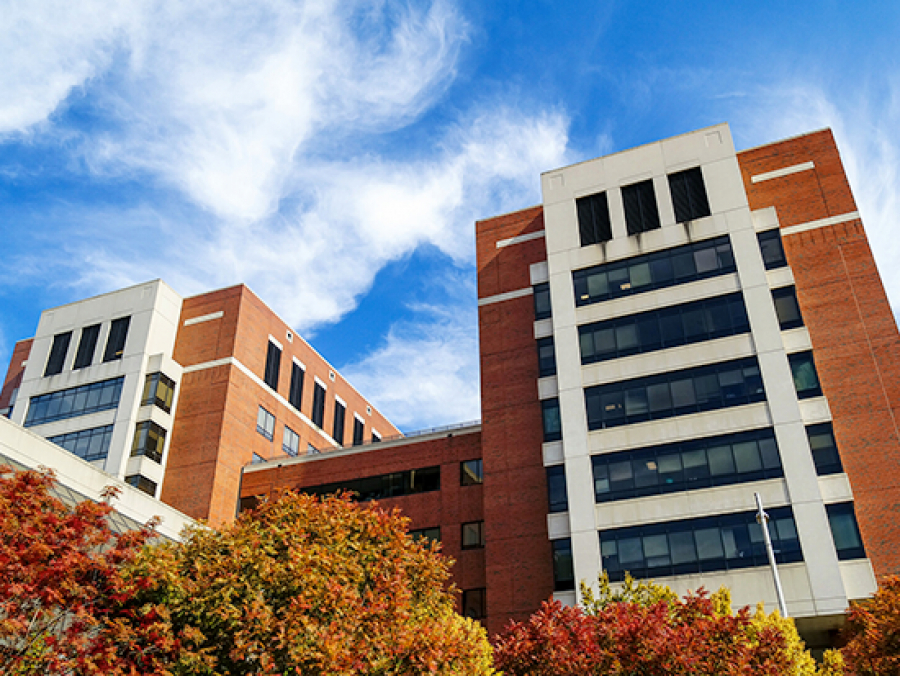
UAB’s Liver Transplant Program — the only one in Alabama — has performed over 3,000 liver transplants since its launch in 1983.

Linda Morgan’s transplant journey has inspired many and will continue to do so as she shares her story with the world.

The award will continue until 2029 and totals about $3 million dollars in funding.

At 15 months old, Brooke Miley Lillie received a heart transplant. At 19, she received a kidney. At 27, she defied the odds and delivered her first daughter at UAB Hospital.

This study, performed in a pre-clinical human model, is the first time xenotransplanted pig kidneys have shown clearance of creatinine and shown a standard immunosuppression regimen may be sufficient.

The baby boy, born in late May 2023, is the first baby born from a uterus transplant outside of a clinical trial and UAB’s first baby from its uterus transplant program.
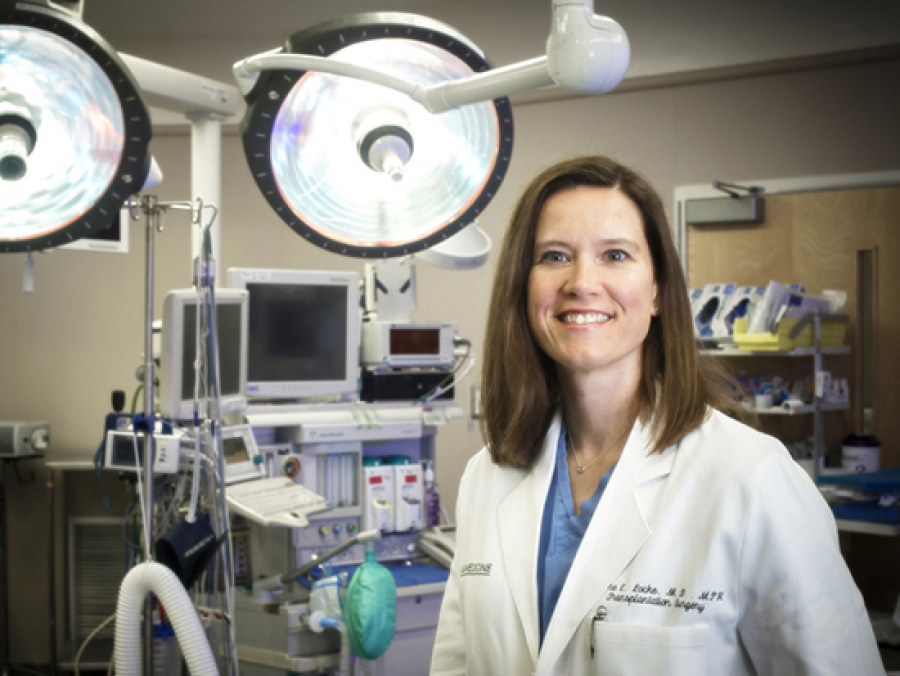
The federal mandate, which was announced in 2011 and implemented in 2014, limited acetaminophen to 325 milligrams per opioid-acetaminophen combination pill. Acetaminophen is toxic to livers at high doses.

UAB has the first program in the United States to offer uterus transplantation outside of a clinical research trial and is one of very few centers in the world accepting new patients.
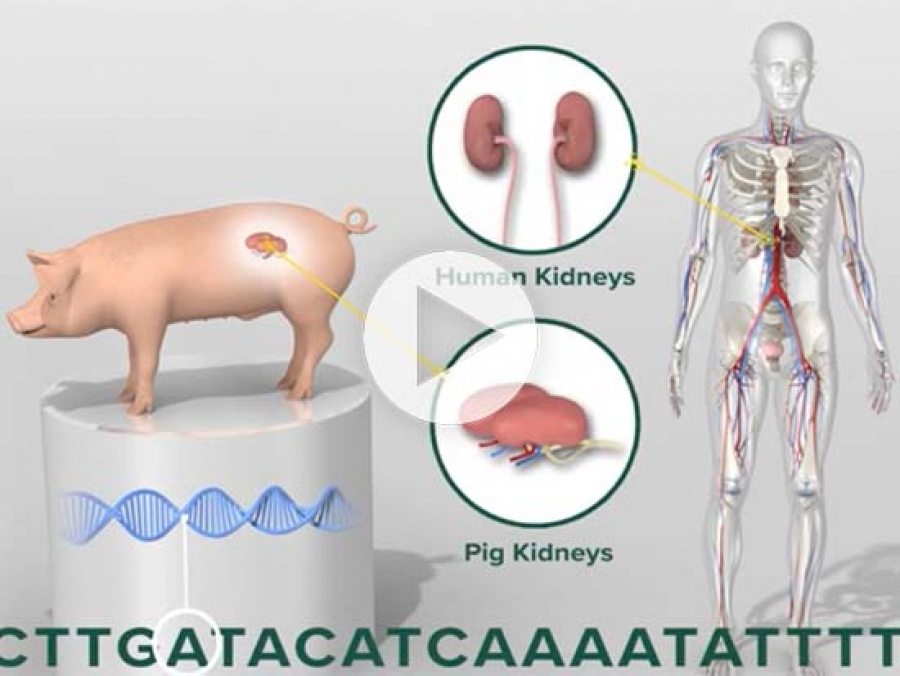
With news about UAB’s first peer-reviewed, published transplant of genetically modified pig kidneys into a brain-dead human individual, there are many questions about what this means for the future of transplant and how this will save countless lives moving forward.
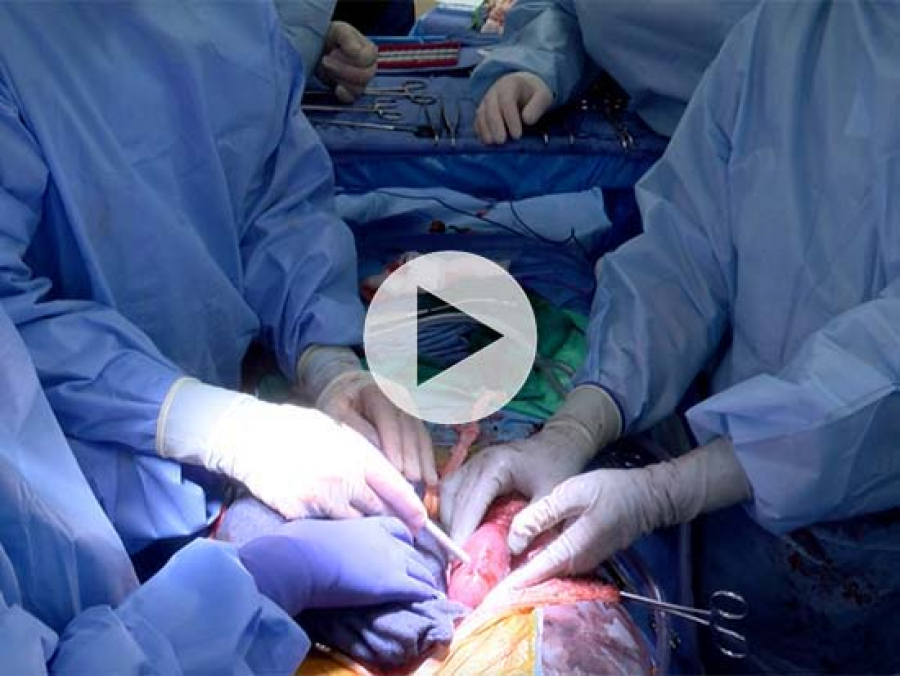
In the study published in the American Journal of Transplantation, UAB researchers tested the first human preclinical model for transplanting genetically modified pig kidneys into humans.

Jim Parsons’ legacy paves the way for thousands to potentially receive lifesaving organs through UAB’s xenotransplantation program.

The human preclinical model at UAB provides important knowledge before a Phase I clinical trial can begin for living human recipients. Decades of work by researchers across the world preceded UAB’s first clinical-grade pig kidney xenotransplant.

From its incompatible kidney transplant program to deceased donor programs, to xenotransplantation, UAB continues to seek ways to help patients who face end-stage renal disease.
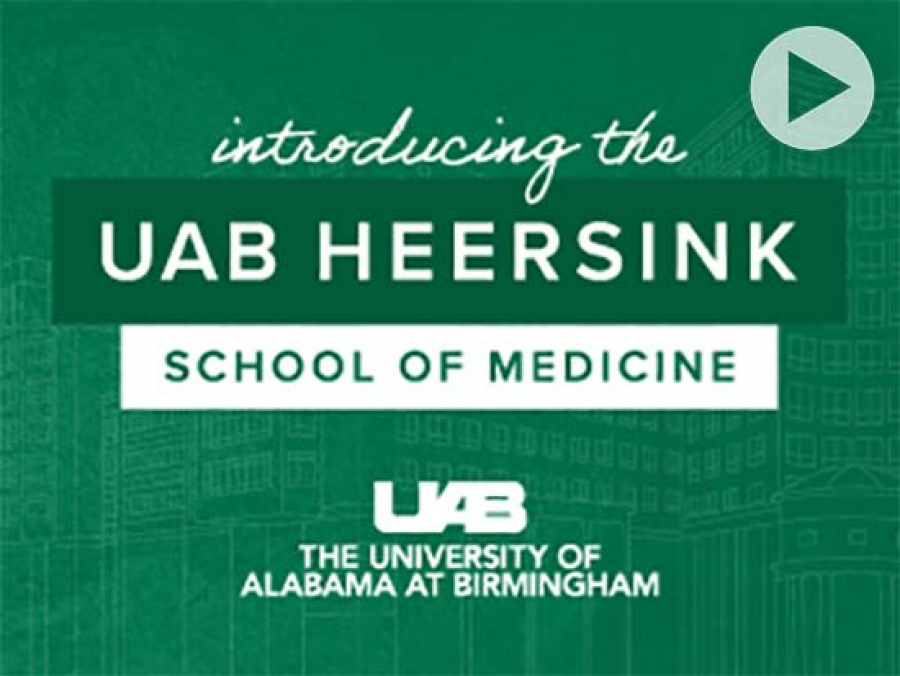
Record $95 million Heersink lead gift to advance strategic growth and biomedical innovation.

UAB’s uterus transplant program is the first program in the Southeast and fourth in the United States.